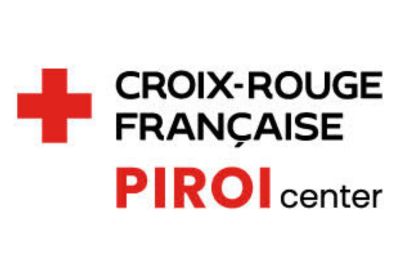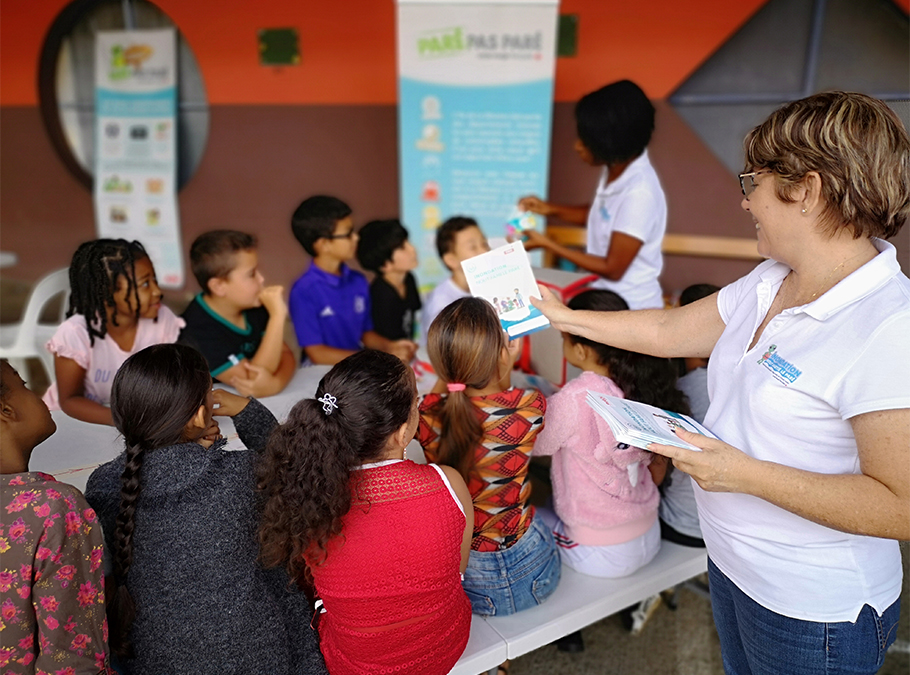Since its creation in 2000, the Indian Ocean Regional Intervention Platform (PIROI) has placed particular emphasis on strengthening risk-related knowledge through awareness raising and education, risk governance and community resilience building. In this purpose, PIROI has developed a methodological guide to support Red Cross and Red Crescent Movement practitioners working on disaster risk reduction (DRR) in Small Island Developing States (SIDS).
This methodological guide therefore capitalises on the experience of 18 DRR projects, benefiting more than 155,000 people, carried out in the South West Indian Ocean by the local national Societies (NS), with the support of PIROI. The guide aims to develop a culture of risk and participates in the dissemination of DRR practices, with the ambition to equip NS, RC/RC partners, NGOs and other DRR practitioners operating within similar contexts. Ultimately this guide will serve to strengthen the resilience of populations challenges related to natural disasters and climate change.
The SIDS of the South West Indian Ocean are among the most vulnerable in the world. The region is already facing the effects of climate change, including rising sea levels, soil erosion, flooding, water scarcity, increased frequency of natural disasters, which are accelerating the social and economic impacts on local populations.
The 3 Oceans project, implemented by the French Red Cross Regional Response Platforms (RRPs) with the support of the French Development Agency (AFD), aims to implement mechanisms to reduce the impact of natural hazards, health crises and climate change on populations in the three ocean basins. The objective of this project is to address the environmental vulnerabilities of regional island states by focusing on cooperation, integration and knowledge sharing. Thus, this methodological guide for disaster risk education, developed from experiences in the Indian Ocean, can benefit all island countries sharing the same issues.
PIROI would like to thank its Red Cross and Red Crescent partners and collaborators for their contribution to the development of this guide, as well as the teams of the regional Ministries of Education, and the technical and financial partners, in particular the French Development Agency for its financial support in the framework of the 3 Oceans project.


